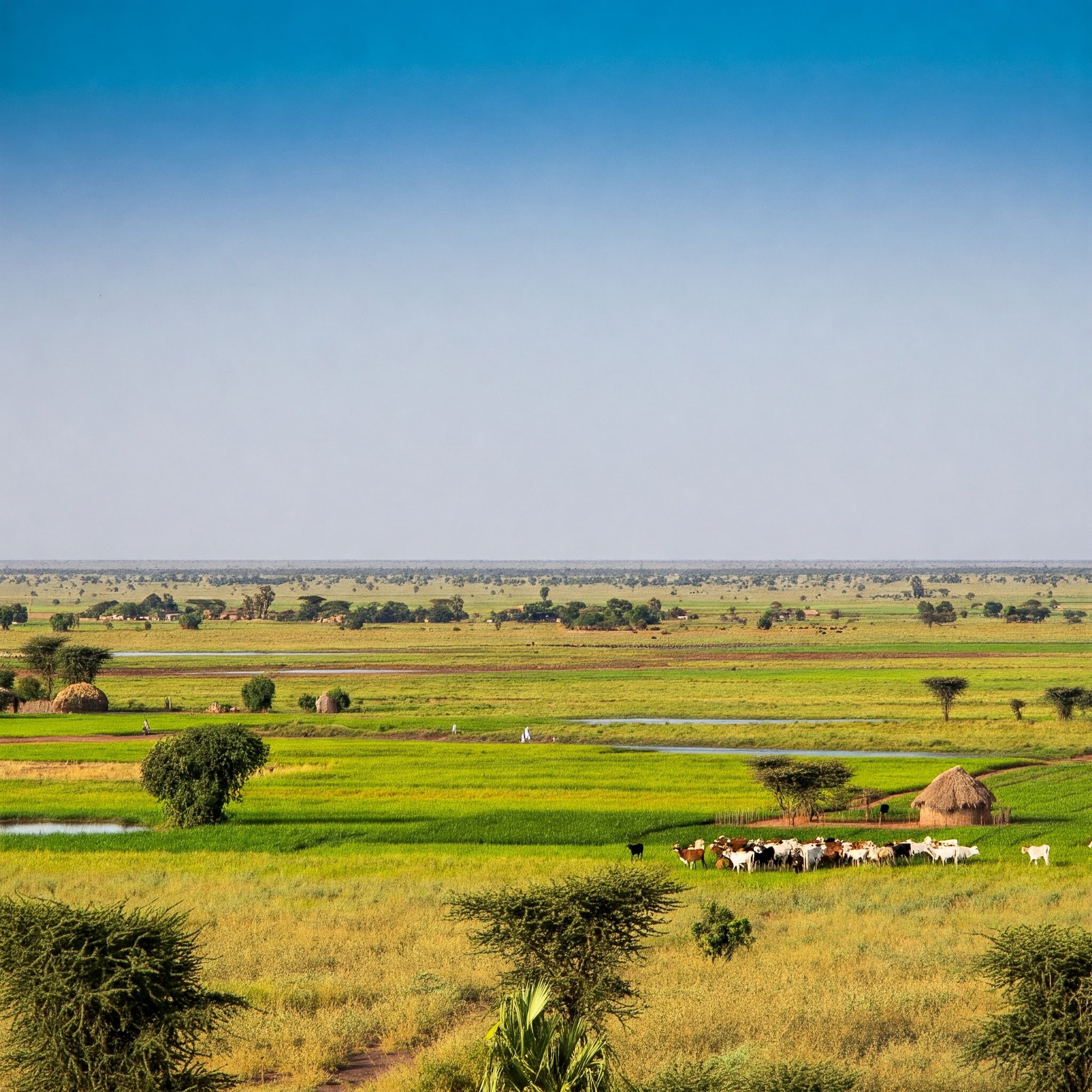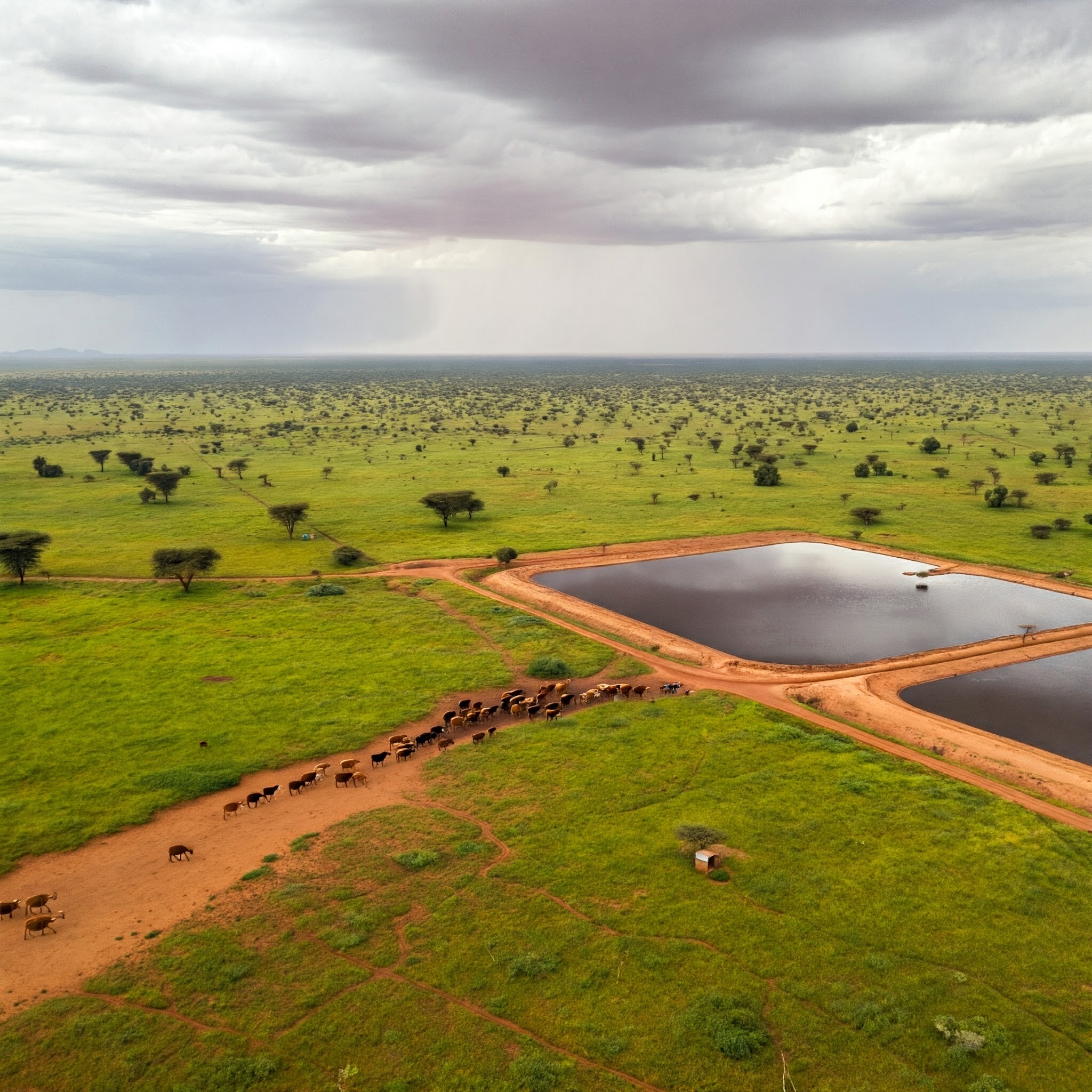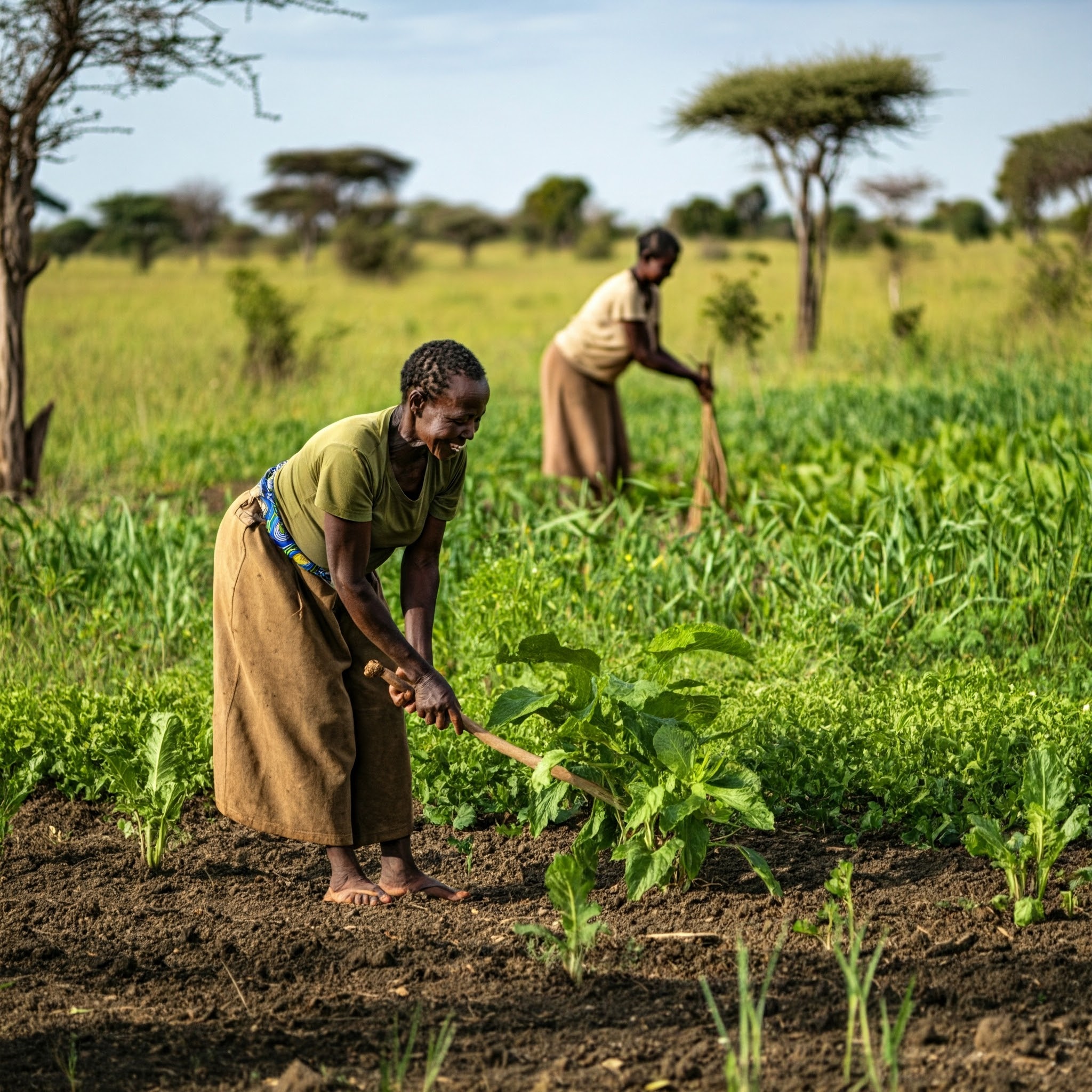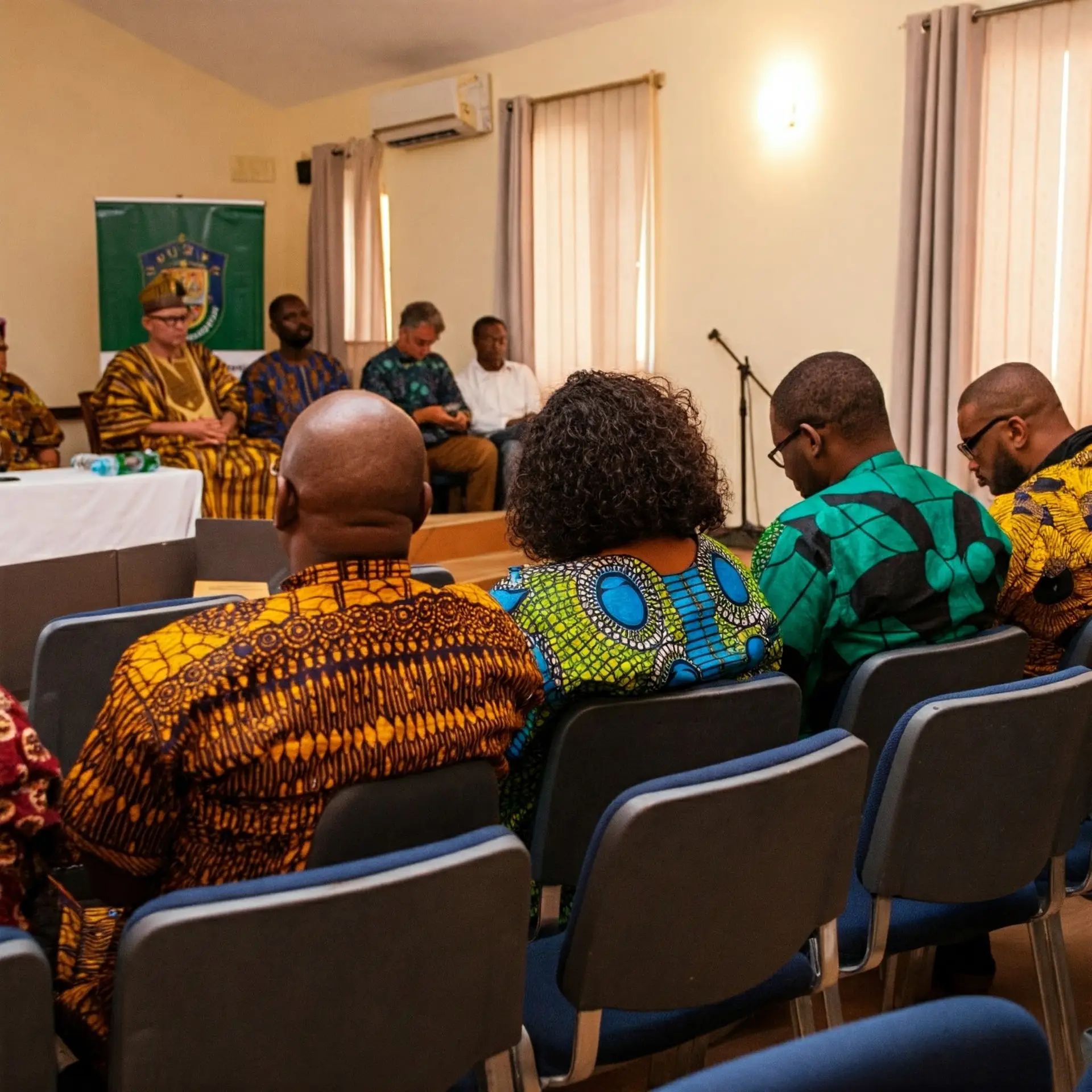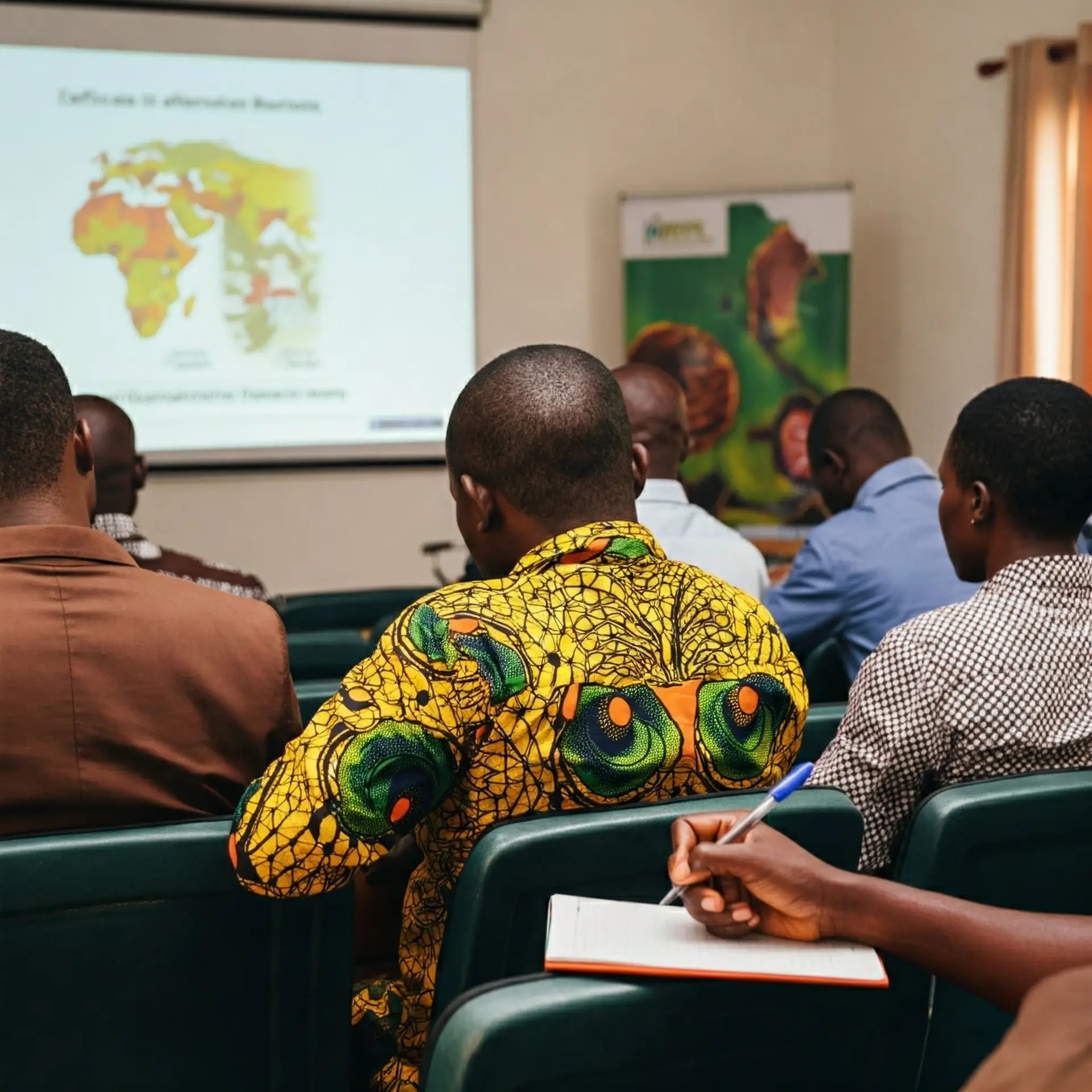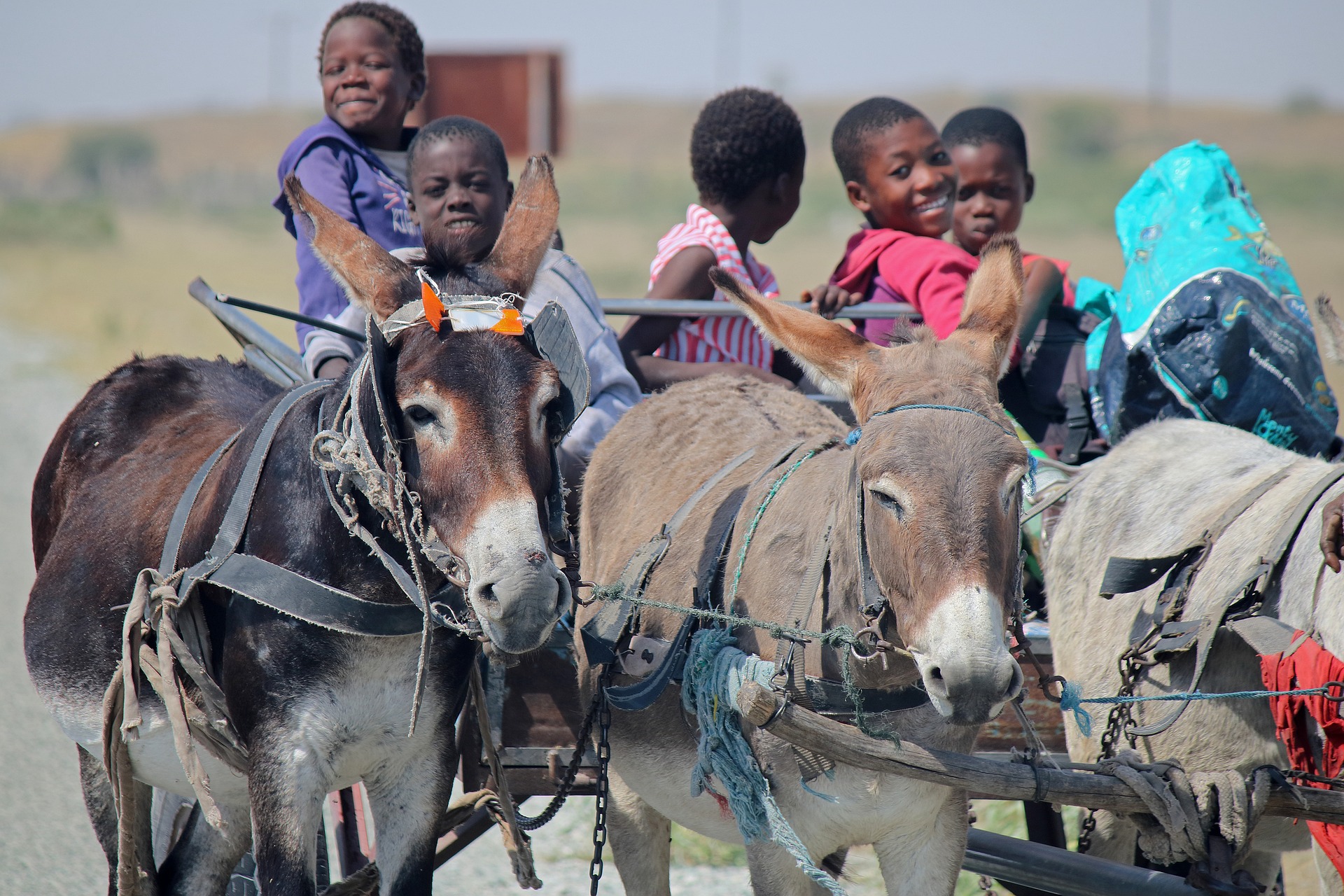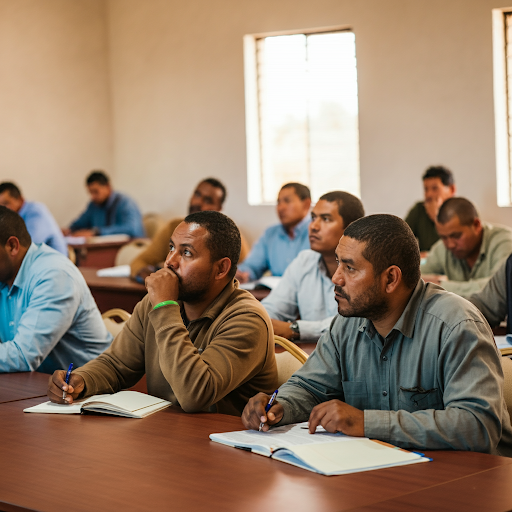As the world increasingly turns its gaze toward Africa, the continent’s economic prospects for 2025 are framed by a unique combination of opportunities and challenges. With a youthful population, rich natural resources, and burgeoning industries, Africa stands at a pivotal juncture that could define its trajectory for decades to come. This article delves into the regions and countries exhibiting strong potential, the key drivers of growth, and the champions of emergence and investment on the continent.
Regions and Countries with High Potential
- East Africa
East Africa is poised as one of the most dynamic regions on the continent. Countries like Kenya, Ethiopia, and Tanzania are emerging as economic powerhouses, driven by significant investments in infrastructure, technology, and agriculture. Kenya, in particular, has established itself as a tech hub, with a thriving startup ecosystem that has attracted international attention.
- West Africa
West Africa, particularly Nigeria and Ghana, is experiencing rapid economic growth, primarily fueled by the oil and gas sector, as well as agricultural exports. Nigeria, as Africa’s largest economy, has immense potential, especially if it can diversify its economy away from oil dependency. Ghana’s stable governance and commitment to economic reforms position it as an attractive destination for foreign direct investment (FDI).
3.North Africa
North Africa, led by Egypt and Morocco, is experiencing a resurgence thanks to strategic reforms and investments in sectors like renewable energy and tourism. Egypt’s focus on mega-projects, including the New Administrative Capital and the Suez Canal Economic Zone, positions it for substantial economic growth.
- Southern Africa
Countries like South Africa and Botswana are critical players in the Southern African region. South Africa, as the continent’s most industrialized nation, offers a diverse economy, although it faces challenges such as high unemployment and political instability. Botswana, with its stable political environment and prudent economic management, continues to attract investors looking for a reliable market.
Factors piloting Growth
- Demographic Dividend
Africa’s youthful population presents a unique demographic advantage. With over 60% of its population under the age of 25, the continent has the potential to harness a vibrant workforce. However, this demographic dividend necessitates substantial investment in education and vocational training to equip young people with necessary skills.
- Technological Advancement
The rapid adoption of technology across various sectors, including fintech, agritech, and e-commerce, is transforming the African economic landscape. The proliferation of mobile technology has enabled entrepreneurs to innovate and access previously untapped markets, thereby driving growth.
- Infrastructure Development
Infrastructure remains a critical determinant of economic performance. Investment in transportation, energy, and telecommunications infrastructure is essential for facilitating trade and attracting FDI. Initiatives like the African Continental Free Trade Area (AfCFTA) aim to improve intra-African trade and connectivity.
- Political Stability and Governance
Political stability and sound governance are vital for fostering an environment conducive to investment. Countries that prioritize transparency, rule of law, and anti-corruption measures are more likely to attract foreign investment and stimulate economic growth.
- Natural Resources and Sustainability
The continent is rich in natural resources, including minerals, oil, and gas. However, sustainable management of these resources is crucial. Countries that adopt sustainable practices and invest in renewable energy will not only enhance their economic prospects but also contribute to global efforts to combat climate change.
Champions of Emergence and Investment
- Rwanda
Rwanda is often hailed as a model for economic development in Africa. Its commitment to good governance, infrastructure development, and a robust business environment has made it a darling for foreign investors. The country’s Vision 2050 strategy aims to transform Rwanda into a middle-income country by investing in technology and innovation.
- Ghana
Ghana’s stable political environment and proactive investment policies have made it a magnet for FDI. The government’s focus on industrialization and trade diversification, alongside its rich gold and cocoa resources, positions it as a key player in West Africa.
- Kenya
Kenya’s vibrant tech scene, often referred to as “Silicon Savannah,” has attracted significant investment in recent years. The government’s efforts to enhance digital infrastructure and foster innovation make it a crucial part of Africa’s economic future.
- South Africa
Despite facing economic challenges, South Africa remains a central player in African investment due to its diverse economy and established financial markets. The government’s focus on structural reforms and economic recovery initiatives, particularly post-COVID-19, is critical for reinvigorating growth.
Conclusion
The economic landscape of Africa in 2025 is characterized by a blend of potential and complexity. Regions such as East and West Africa, alongside key players like Rwanda and Ghana, are set to lead the charge in growth and investment. However, this growth hinges on addressing the challenges of governance, infrastructure, and sustainable resource management. As global investors look to the continent for new opportunities, the ability of African nations to adapt and innovate will ultimately determine their success on the world stage.
